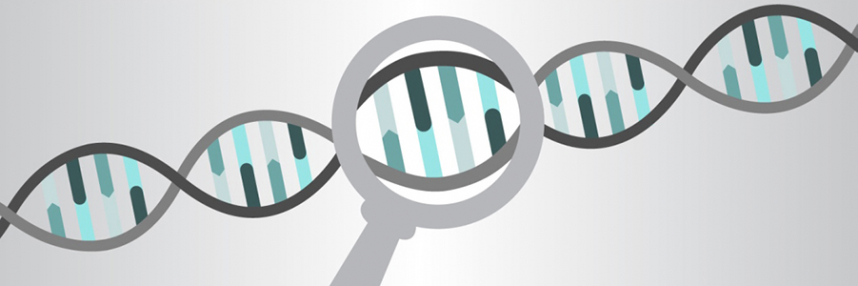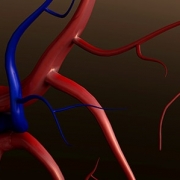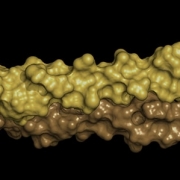Unexpected genomic findings: who wants to know?
A ground-breaking survey on health professionals, researchers and the public’s attitudes towards genomics raises some important questions
The first human genome sequence took well over 10 years and $13 billion to complete, but current technologies make it feasible in less than a day, and for as little as $1,000 (£660). Not surprisingly, the number of whole genomes that have been sequenced is growing rapidly, particularly in the research context.
Some sequencing research projects are purely academic; many also have clinical links, sequencing patients with cancer or suspected genetic diseases to try to find a cause or inform treatment. Perhaps most ambitious to date, the 100,000 Genomes Project additionally seeks to create links between individual patients’ ongoing health records and their genome sequences.
The issue of incidental findings
A question arises from the issue of unexpected or incidental findings that may occur during analysis of genome sequences; these are potentially significant medical findings that were not being actively sought. For example, a research participant might be found to be an unwitting carrier of a BRCA1 mutation strongly linked with familial breast and ovarian cancer syndrome, or a mutation that could cause serious disease in any children they might have. What should the researchers do in such cases?
A ground-breaking survey from the Wellcome Trust Sanger Institute and linked to the Deciphering Developmental Disorders (DDD) project there posed this question to four different groups of respondents: members of the public; genetics health professionals; non-genetics health professionals; and genomic researchers. Almost 7,000 responses were gathered from a total of 75 different countries, including around 5,000 members of the public, and the findings have just been published.
Public and professional perspectives
An overwhelming majority of 98% of the public said that they wanted to know about the possibility of a life-threatening disorder that could be prevented, even if the risk of developing that disorder was very low. They were less concerned with findings of uncertain clinical significance, or relating to milder or untreatable conditions.
Members of the public took an altruistic view, though; despite high levels of interest in their genomic data, the majority didn’t think that researchers should have to actively look for such high-risk genetic variants (a form of opportunistic screening) if this wasted time and money intended for genomic research. The DDD project used this approach, only reporting results of possible relevance to the developmental disorders being investigated.
In contrast, genetic health professionals were much more conservative; they were five times more likely than the other groups surveyed to think that incidental findings (even serious ones) should not be shared with research participants.
Bridging the disconnect
Researcher and clinical geneticist Dr Helen Firth explained: “Genetic health professionals are acutely aware of the challenges posed by interpreting genetic information accurately and communicating results to patients. There are still so many unknowns… It will take many years of research before we know how to use much of this data for clinical benefit.”
The study concluded that there was “a disconnect between the views of those handling the findings of research and those participating in research”, and this should be considered in developing future policy on genomics for research and clinical practice. Clearly, ensuring that public and patient views are heard alongside those of health professionals is important.
Further information
Our free online course for health professionals, ‘Preparing for the consent conversation’, covers some of the questions that may be asked by potential participants in the 100,000 Genomes Project, and how to answer them.
To find out more or to sign up to the course, visit the course information page.
–









